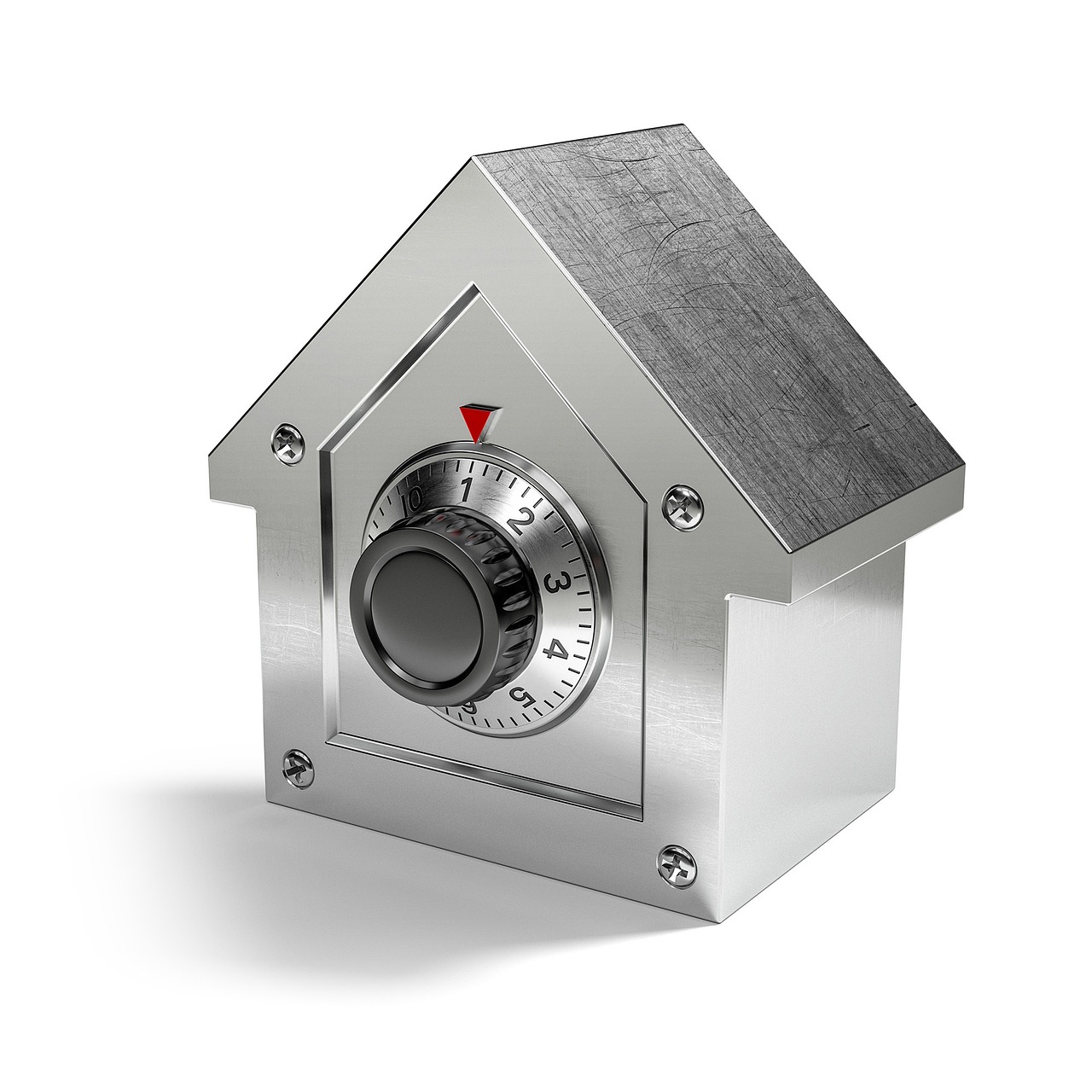Scammers are always evolving, but so can you. With the right habits, you can protect your identity, money, and peace of mind.
🔐 1. Use Strong, Unique Passwords
- Use a different password for each account
- Avoid birthdays, names, or common phrases
- Consider a password manager to keep track securely
📧 2. Beware of Suspicious Emails and Links
- Don’t click links or download attachments from unknown sources
- Watch for misspelled domains or odd email addresses
- If it feels off, verify before responding
📲 3. Enable Two-Factor Authentication (2FA)
- Add an extra layer of security to your accounts
- Use an authenticator app instead of just SMS when possible
👁️ 4. Keep an Eye on Your Accounts
- Regularly check your bank and credit card statements
- Report anything suspicious immediately
- Set up alerts for transactions
💻 5. Keep Your Devices Updated
- Install software updates and security patches
- Use trusted antivirus or anti-malware tools
🧑💻 6. Don’t Overshare Online
- Avoid posting personal details like address, phone number, or vacation plans
- Scammers use your info to craft personalized attacks (like phishing or romance scams)
🛑 7. If It Sounds Too Good to Be True…
It probably is.
- Be skeptical of “instant riches”
- Research before investing or sending money
🆘 Need help?
Already made a mistake online? We’ll help you figure out what happened and how to respond quickly.
📧 Email: info@fast-recover.com
🌐 Website: www.fast-recover.com


